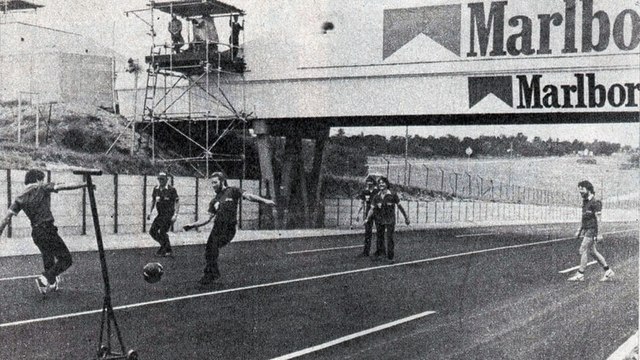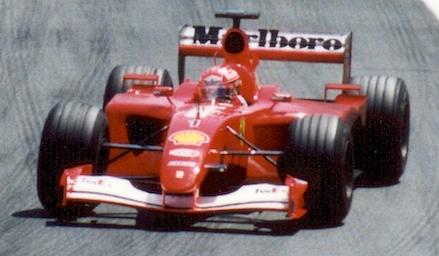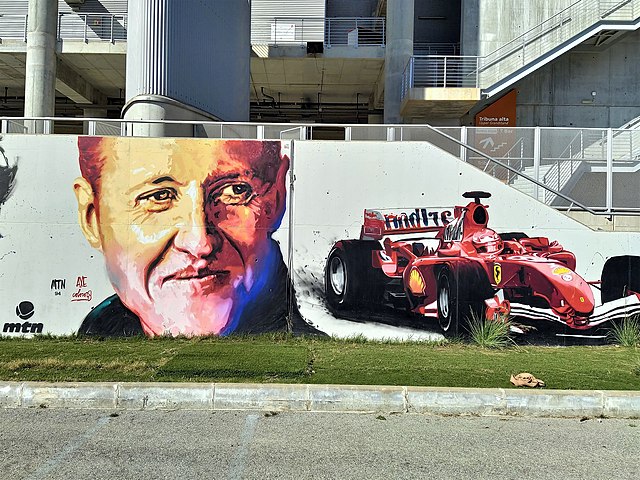1982 season in Formula 1: The Year of the Rebels
With the appearance of Bernie Ecclestone and the FIA in Formula 1, the championship underwent a real metamorphosis. A change marked by a number of conflicts and unprecedented situations, some of which lead to significant changes in the rules. The 1982 season in motor racing's most elite race goes down in history not so much for what happened on the track as for what happened off it.
Since the FIA is now responsible for the championship, logically two organizations also appear in the foreground, whose purpose is to protect the rights of the main participants in it. FISA or the Formula 1 Sports Committee takes care of the interests of the drivers. It is headed by Jean-Marie Balestre. Constructors also get their own association-FOCA, president of which becomes the owner of Brabham-Ford-Bernie Ecclestone. Created with the idea of helping each other, the two organizations did not manage to find a common language, and the conflict between them was so fierce that during the 1982 season it came to boycotts several times.
FISA urges drivers to bond more strongly with their teams. Something that they themselves do not want and refuse to sign new contracts, as well as go out on the race track. FOCA, for its part, failed to reach a consensus among the teams on financial fair play, and this led to mass strikes.
Against this background, among the number of boycotts within the 16 starts in the Formula 1 calendar for the year 1982, somehow between the drops Keke Rosberg with Williams-Ford managed to win the world title. Thus, the Finn became the first driver since Mike Hawthorne in 1958, who triumphed after only one winning start of the season. Ferrari's Didier Pironi finished second, with McLaren-Ford's John Watson third.
Among the constructors, Ferrari is above all. After two consecutive years of triumph, the Williams-Ford team regressed and at the end of 1982 finished fourth.




